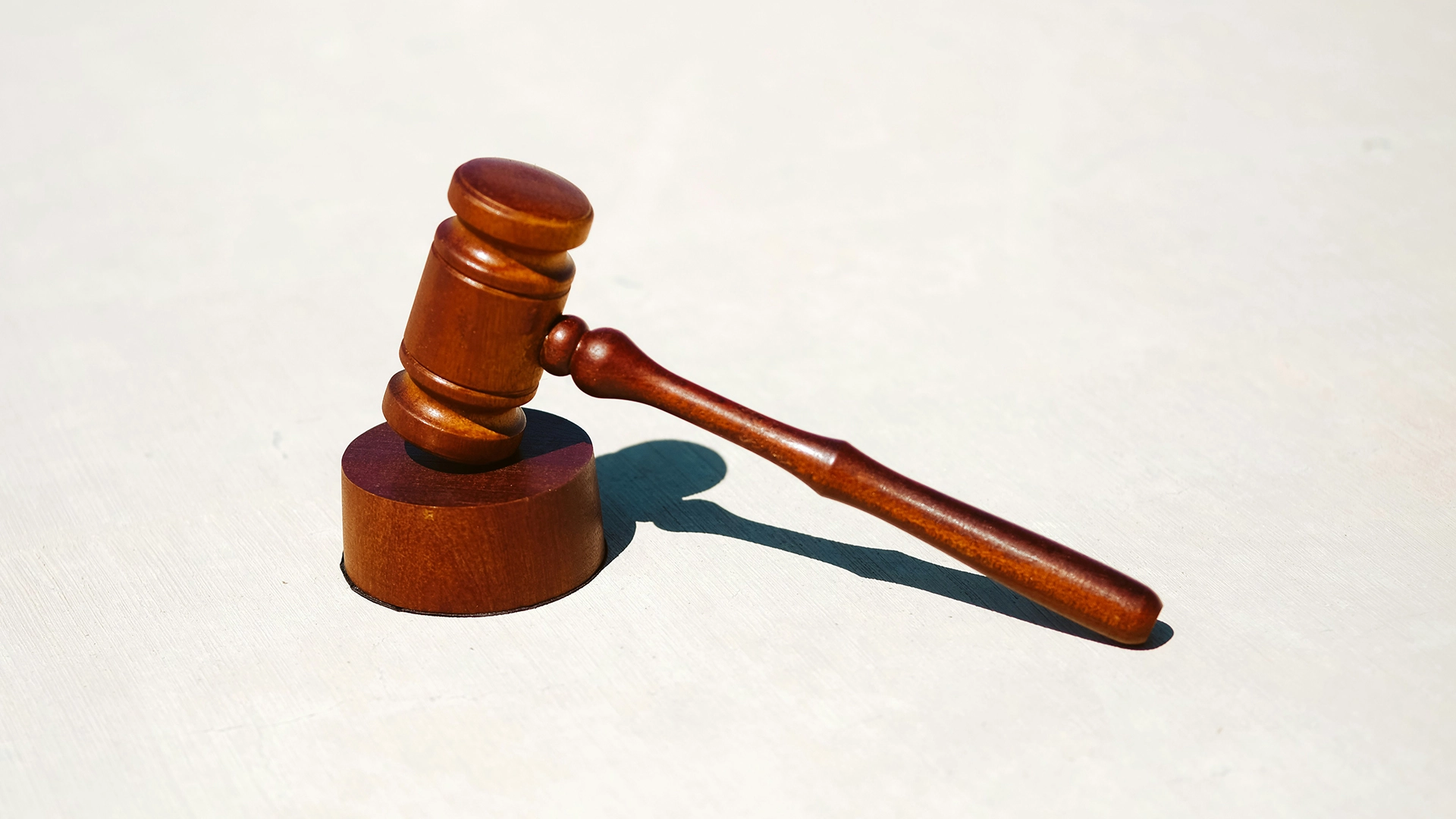
Image by Tingey Injury Law Firm, from Unsplash
AI Industry Faces Largest Copyright Class Action Threat
The AI industry faces its largest legal challenge yet because a court certified what might become the largest copyright class action suit in history.
In a rush? Here are the quick facts:
- Court certified a massive copyright class action against AI company Anthropic.
- Up to seven million claimants could join, risking huge damages.
- Anthropic warns damages could total hundreds of billions of dollars.
The lawsuit, initially brought by just three authors against Anthropic, now threatens to expand into a massive case that could include seven million potential claimants, as first pointed out by ArsTechnica. If the case moves forward, it could financially devastate the entire AI sector due to potentially massive damages.
Anthropic petitioned the appeals court to reverse the class certification decision, arguing that the district judge William Alsup performed an insufficient review. ArsTecnica notes that the company faces potential damages of “hundreds of billions of dollars” if the certification persists, as each claimant’s work could result in penalties reaching $150,000.
Industry groups like the Consumer Technology Association, along with the Computer and Communications Industry Association, have joined Anthropic and argued that this type of ruling would produce negative consequences for the entire AI sector.
They fear it could scare off investment and slow down AI innovation in the U.S., and threaten its global position.
The groups say that one key problem lies in the fact that copyright lawsuits rarely fit well into class actions, as each author must prove ownership. Many authors may never even hear about the suit, and the court’s proposed notification system puts the burden on claimants themselves. There are also several issues around “orphan works,” which are partially owned books, and estates of deceased authors.
ArsTechnica reports that both author and library advocates support this stance because the court failed to consider decades of established copyright research and legislation. They argue this rushed ruling could prevent fair resolution of important legal questions around AI’s use of copyrighted material.
“This case is of exceptional importance,” they said, as reported by ArsTechnica. The decision risks creating a “death knell” for properly addressing authors’ rights in the era of AI.


 Previous Story
Previous Story

 Latest articles
Latest articles 